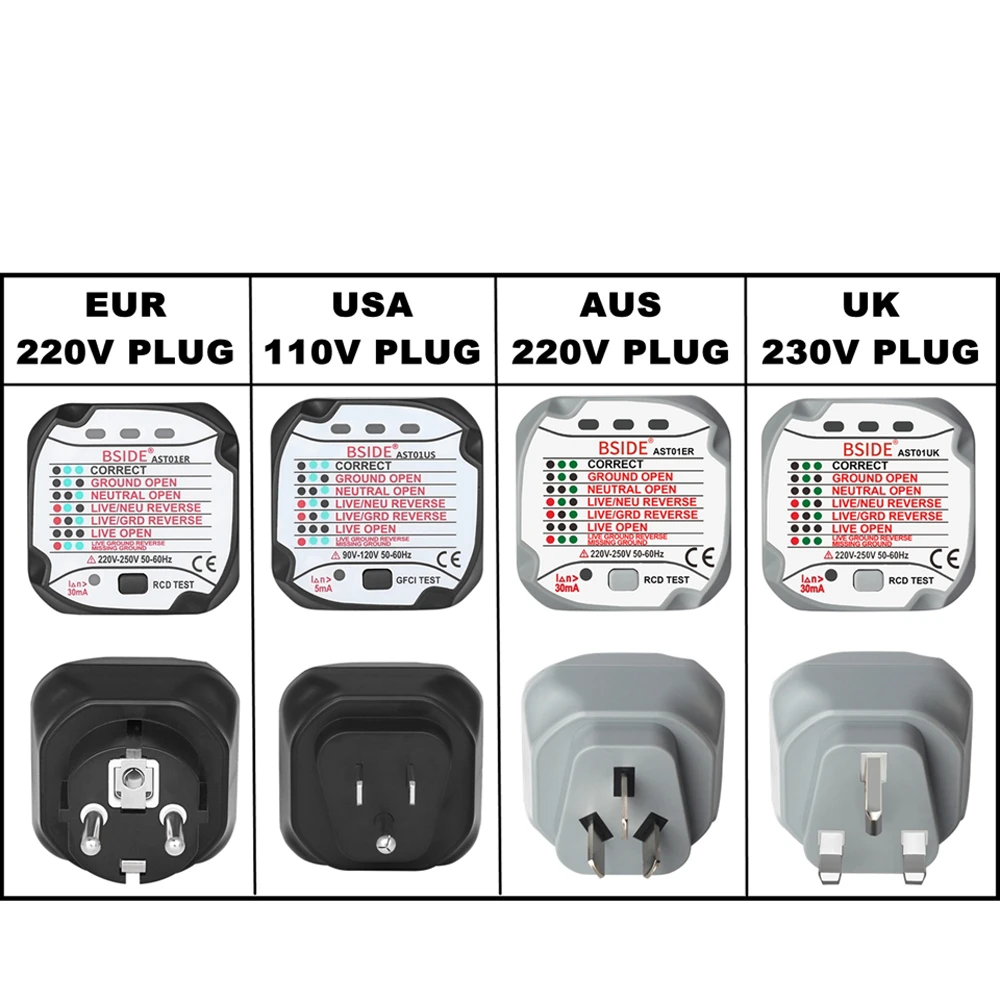Is it dangerous to use equipment without grounded wires?
Go to solution
Solved by kenblu24,
On 7/27/2022 at 9:05 AM, InstantNewt said:OP, go buy an outlet tester.
Yes, second that. It will probably look something like this: 
Make sure the one you get has a button on it. Plug it in, take a picture of the lights. Then, press the button, the circuit it's connected to might turn off, take a picture again. This will give a lot more information than our guesswork.















Create an account or sign in to comment
You need to be a member in order to leave a comment
Create an account
Sign up for a new account in our community. It's easy!
Register a new accountSign in
Already have an account? Sign in here.
Sign In Now